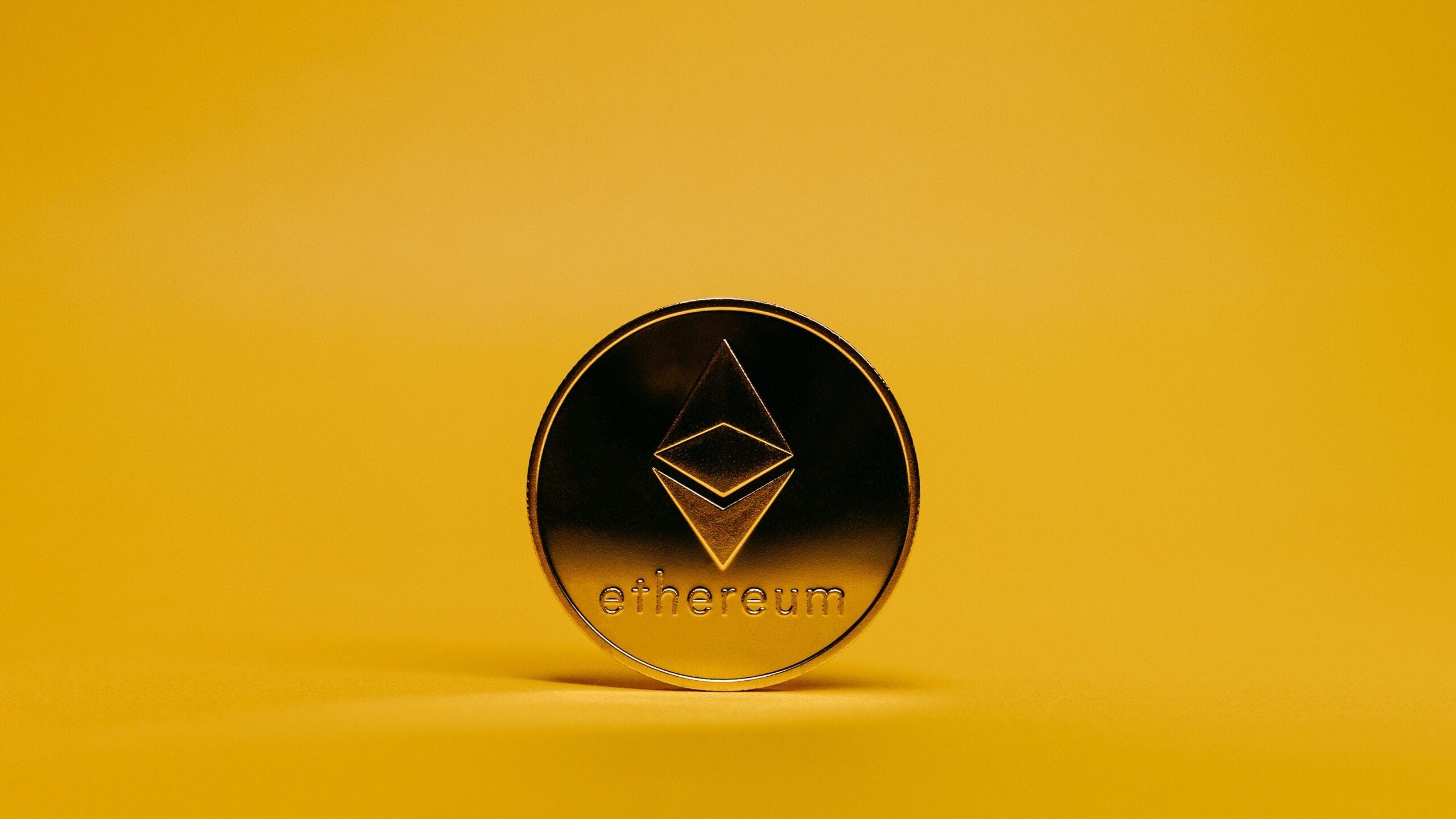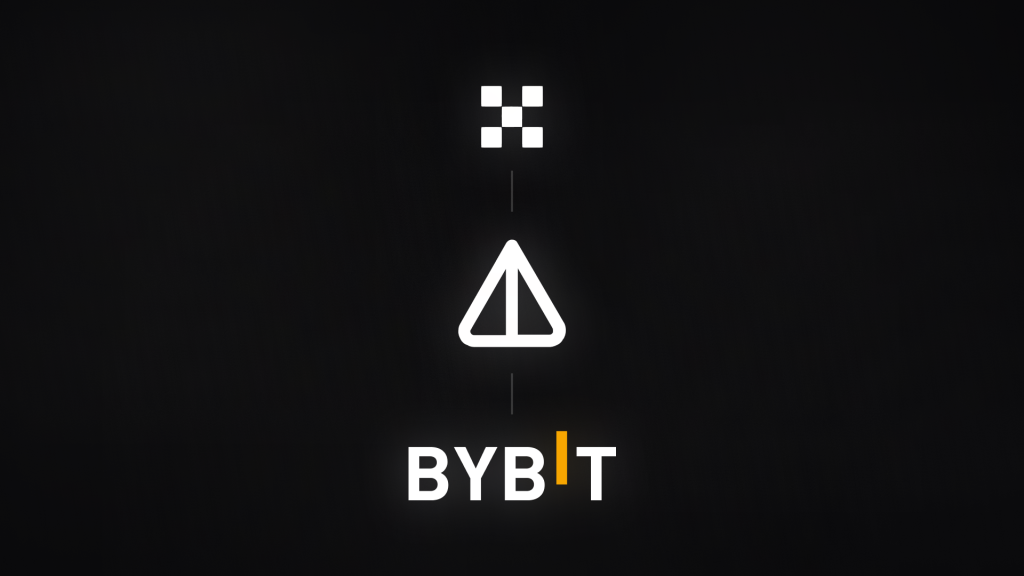Ethereum is a platform that uses blockchain technology to enable secure and decentralized applications, transactions, and organizations. It has its own cryptocurrency, ether (ETH), which is used to pay for some activities on the network. Ethereum also has a virtual machine that can execute smart contracts, which are self-enforcing agreements that can run on the blockchain. Ethereum users can control their own data, trade and store assets, earn interest, and more without relying on a central authority.
How Did Ethereum Get Started?
Ethereum was conceived in 2013 by programmer Vitalik Buterin and other co-founders. They launched a crowdsourcing campaign in 2014 and sold Ether (Ethereum tokens) to raise funds for the project. The first live release of Ethereum, known as Frontier, was launched in 2015.
Buterin argued to the Bitcoin Core developers that Bitcoin and blockchain technology could benefit from other applications besides money and that it needed a more robust language for application development that could lead to attaching real-world assets, such as stocks and property, to the blockchain. However, after failing to gain agreement on how the project should proceed, he proposed the development of a new platform with a more robust scripting language—a Turing-complete programming language—that would eventually become Ethereum.

What Makes Ethereum Different?
Ethereum is different from Bitcoin and other cryptocurrencies in several ways:
- Ethereum is not just a currency, but a platform that allows anyone to build and use decentralized applications (Dapps) that run on the blockchain.
- Ethereum has its own programming language, Solidity, which is used to create smart contracts and Dapps.
- Ethereum has a virtual machine, called the Ethereum Virtual Machine (EVM), that can execute smart contracts and Dapps on the blockchain.
- Ethereum has a faster transaction speed than Bitcoin, with an average block time of 15 seconds compared to 10 minutes for Bitcoin.
- Ethereum has a flexible monetary policy, with no hard cap on the total supply of ether. The annual issuance of ether is determined by a consensus mechanism that adjusts the difficulty and reward of mining.
What Are ETH Coin Price Targets According to Famous Analysts?
Ether is the second-largest cryptocurrency by market capitalization, after Bitcoin. As of August 3rd, 2023, one ether is worth $1,830 USD. The price of ether is influenced by various factors, such as supply and demand, network activity, innovation, regulation, and market sentiment.
Some famous analysts have made predictions about the future price of ether based on different models and assumptions. Here are some examples:
- Michaël van de Poppe, a cryptocurrency analyst and trader, forecasted that ether could hit $10,000 by the end of 2023 based on Fibonacci extension levels, which are ratios derived from the Fibonacci sequence that indicate potential support and resistance levels.
- Simon Dedic, the co-founder of Blockfyre, projected that ether could reach $9,000 by 2023 based on his analysis of the fundamentals and technicals of Ethereum.
Of course, these predictions are not guaranteed to be accurate or reliable, as they are based on assumptions and opinions that may change over time. Therefore, investors should do their own research and due diligence before making any investment decisions.

What Does Vitalik Buterin Think About the Future of Crypto?
Vitalik Buterin is one of the most influential figures in the crypto space. He is not only the co-founder of Ethereum but also a visionary thinker who has contributed to many aspects of blockchain technology and innovation.
Buterin has shared his views on various topics related to the future of crypto in interviews, podcasts, blogs, and social media. Here are some highlights:
- Buterin believes that crypto will become more mainstream and integrated into society in the next decade. He expects that crypto will be used for various purposes such as payments, identity verification, governance, social media, gaming, art, charity, and more.
- Buterin thinks that crypto will face many challenges and risks in the future such as regulation, scalability issues, security breaches, environmental concerns, and social conflicts.
- Buterin hopes that crypto will foster more collaboration and innovation among different projects and communities. He supports the idea of interoperability, which is the ability of different blockchains and systems to communicate and exchange value with each other.
- Buterin envisions that crypto will enable more freedom and empowerment for individuals and groups. He advocates for the principles of decentralization, openness, and inclusiveness that underpin the ethos of crypto.
In this article, we talked about Ethereum, a platform for decentralized applications, transactions and organizations. To learn more, visit Ethereum’s official website. Thanks for reading and stay tuned for more crypto and blockchain articles.





